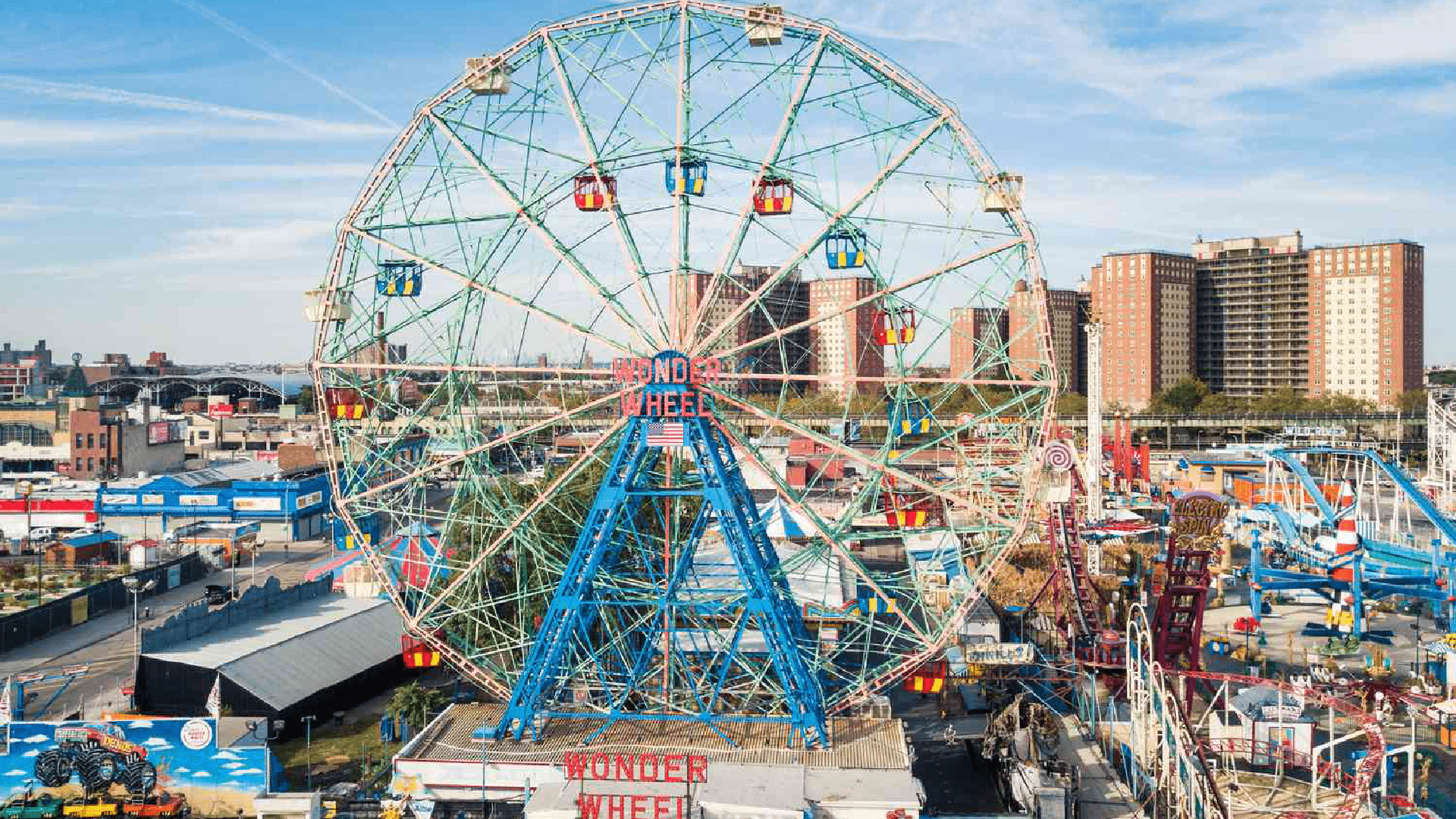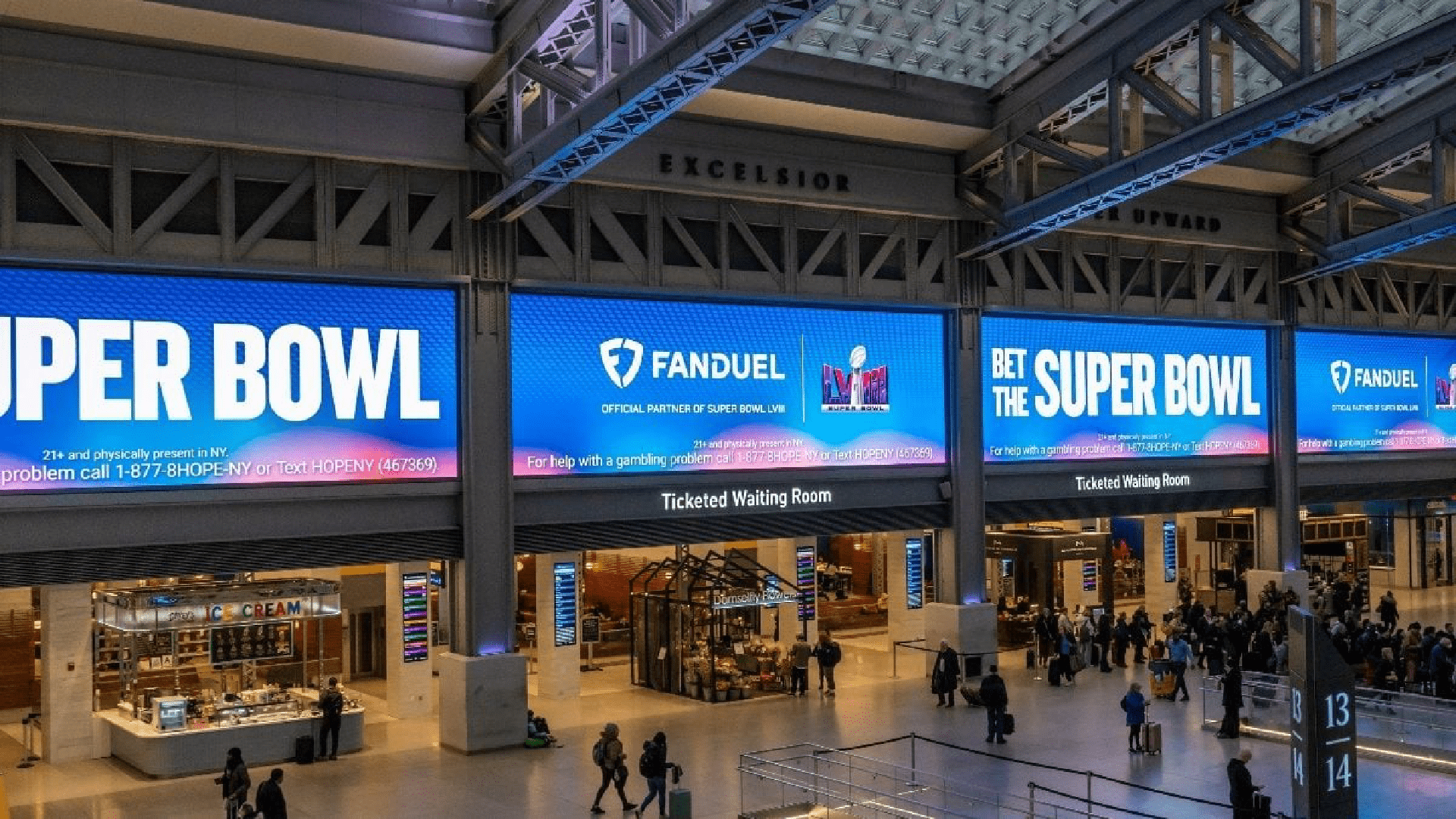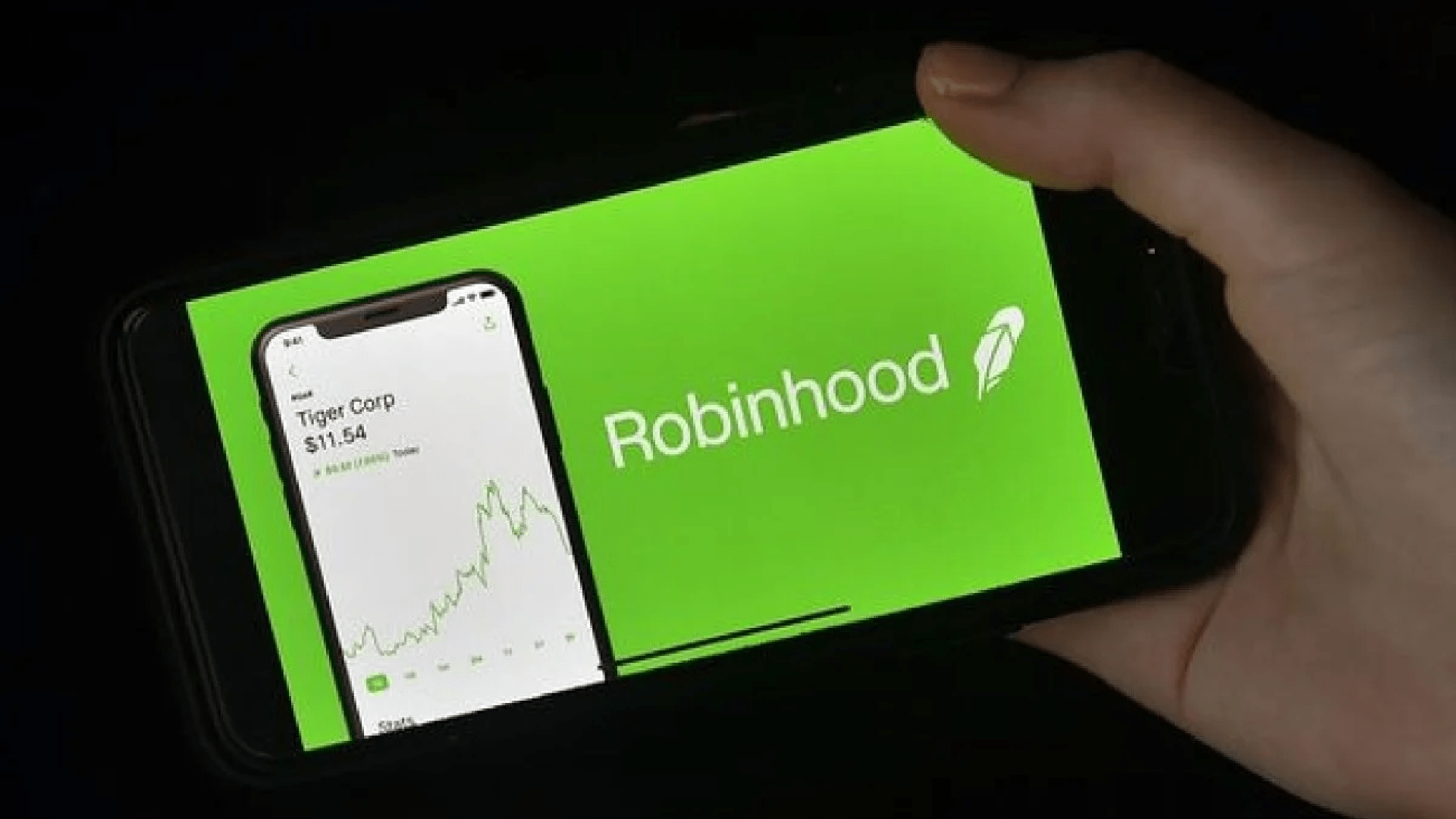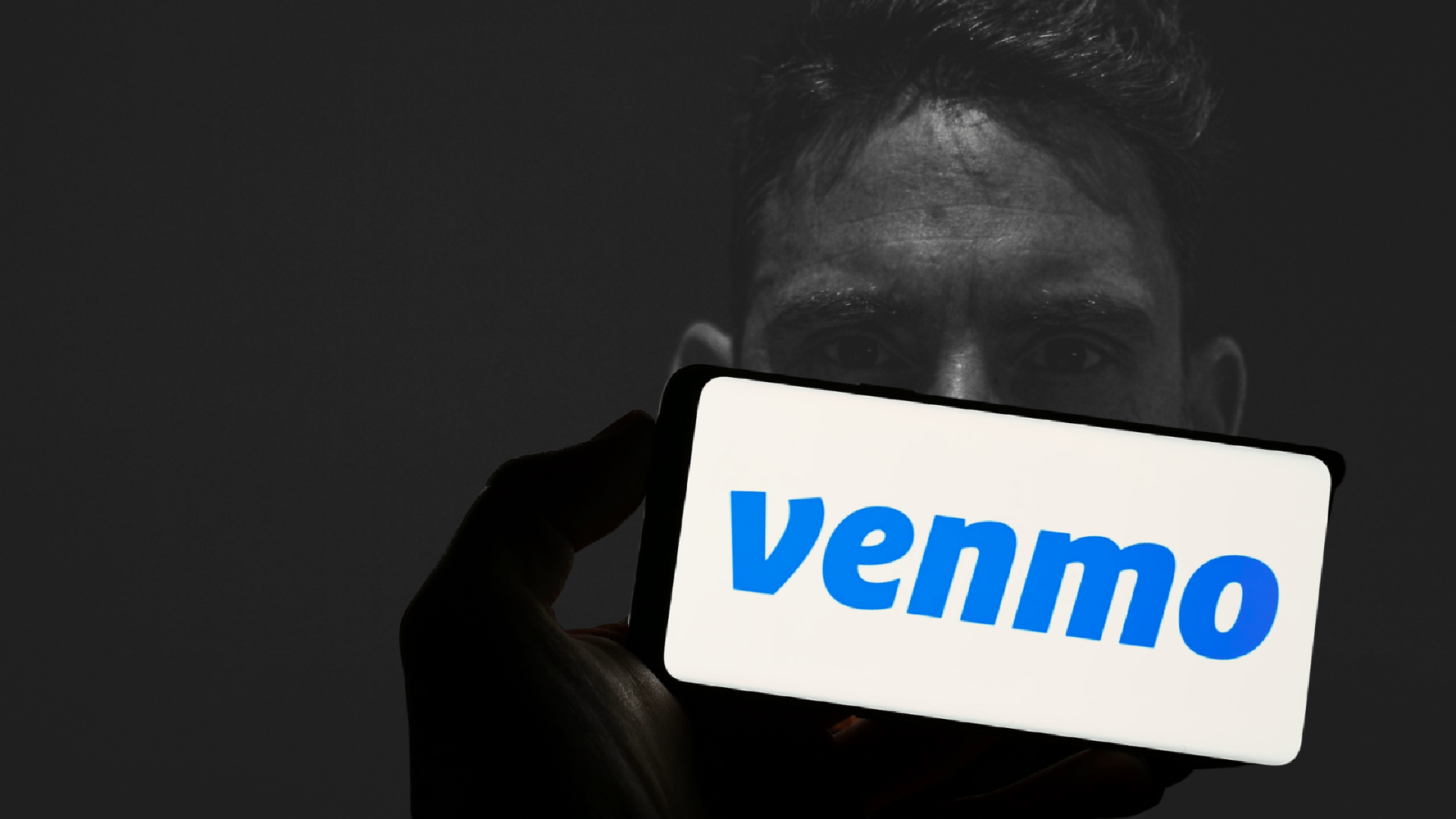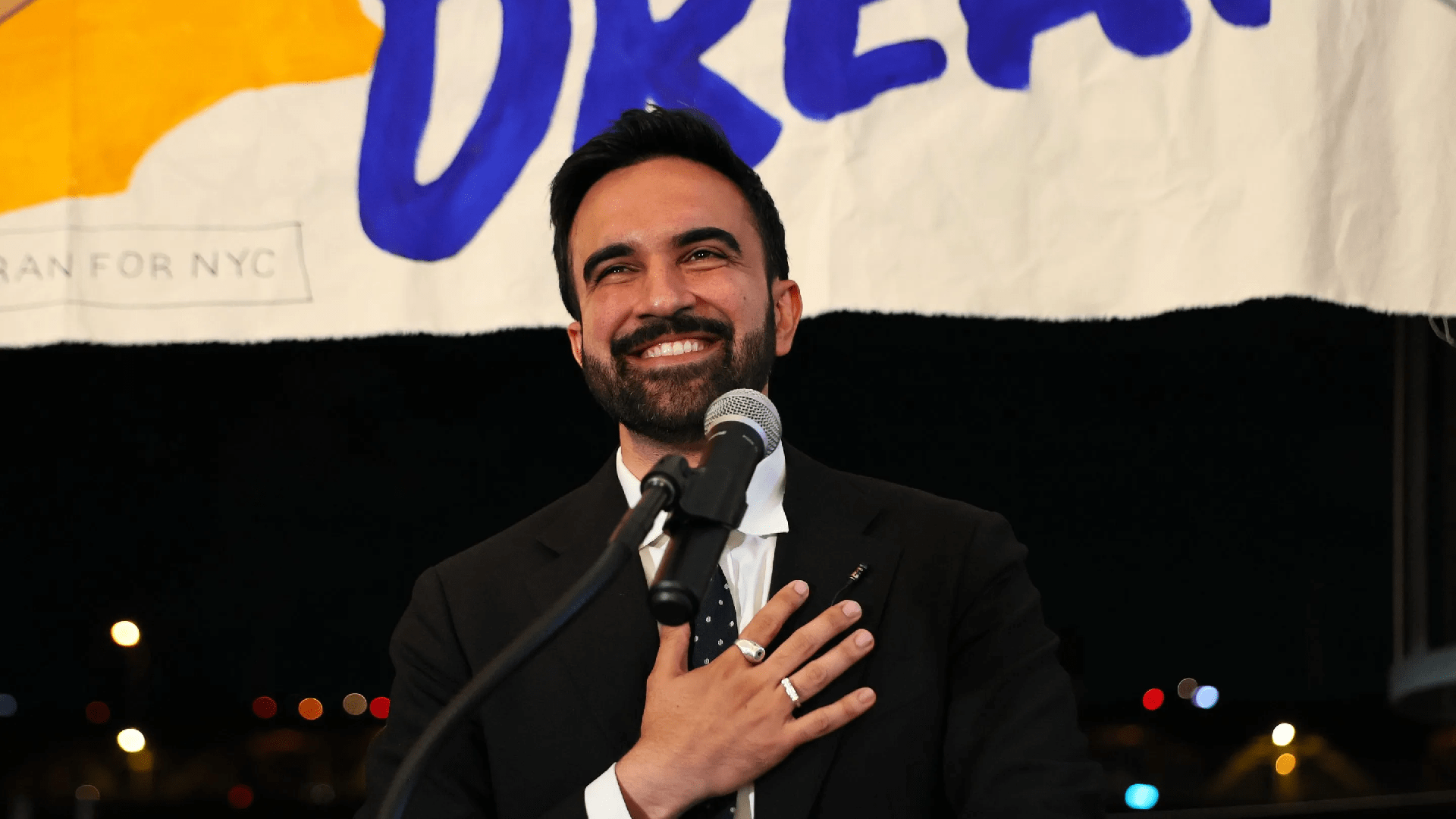Coney Island Wonder Wheel Owner Opposes Casino, $200 Million Community Benefit
The family that controls Coney Island’s renowned Wonder Wheel opposes the idea of a casino in the coastal town that has clearly experienced better times and urgently requires an economic boost.
Although the potential casino developers promised a $200 million community trust fund if they receive one of the three gaming licenses in downstate New York, which would be allocated for grants to local organizations and initiatives for public safety and community enhancement, the proprietors of Deno’s Wonder Wheel and Phoenix Roller Coaster think that slot machines and table games don't belong in this family-oriented destination.
"Casinos and amusements are not really a good mix. It’s oil and water,” Dennis Vourderis, whose family owns the amusement park, told CBS New York. “The Wonder wheel is the heart of Coney Island. To alter that skyline and to change that just puts a knife in my heart.”
The Wonder Wheel is a Ferris wheel that stands 150 feet high and debuted in May 1920. It was officially recognized as a New York City Landmark in May 1989.
Thor Equities, Saratoga Casino Holdings, the Chickasaw Nation, and Legends Hospitality have suggested a $3 billion comprehensive resort casino on five acres situated at Surf and Stillwell Avenues, which is owned by Thor.
Recreational Venue
The development team claims its casino proposal would focus significantly more on entertainment and hospitality rather than on gaming. Called The Coney Casino & Resort Entertainment District, the proposal involves building a tall hotel and casino featuring a rooftop public park that can be accessed without going into the casino.
In addition to thousands of well-paying jobs, the Coney supporters claim they would allocate money to enhance local infrastructure, featuring an express subway line linking the Coney Island-Stillwell Avenue terminal to Lower Manhattan.
The consortium asserts that the Coney would transform Coney Island into a year-round attraction rather than just a summer weekend getaway for New Yorkers. Additionally, it would create 4,000 lasting jobs in gaming and hospitality for the city, where the median household income stands at merely $45K and the poverty rate is 25%.
Nevertheless, numerous residents express that the worries surrounding issue gambling, crime, and tenants being displaced from their homes due to losing housing subsidies for earning too much from jobs at The Coney or from increased rents may surpass the potential advantages proposed by the developers.
Application In Progress
In January, the complete Brooklyn Community Board 13 voted against The Coney’s Uniform Land Use Review Procedure (ULURP) request, a formal aspect of city planning when projects affect land usage. The result didn’t formally reject The Coney’s land-use proposal, but it was a disappointment.
Earlier this month, The Coney achieved a small victory when Brooklyn Borough President Antonio Reynoso gave conditional approval for the land-use proposal. Reynoso states that he took the chance to ask The Coney to pledge more public benefits such as affordable housing, improvements to flood infrastructure, and repairs to the Boardwalk.
“We appreciate the Borough President’s careful review and conditional approval of our ULURP application. As we have said from the beginning, we are taking a community-first approach in developing this proposal and we look forward to continued discussions with the Borough President and his team on how we can continue to enhance our bid so that it best meets the needs of Coney Island and Brooklyn,” a statement from The Coney read.
